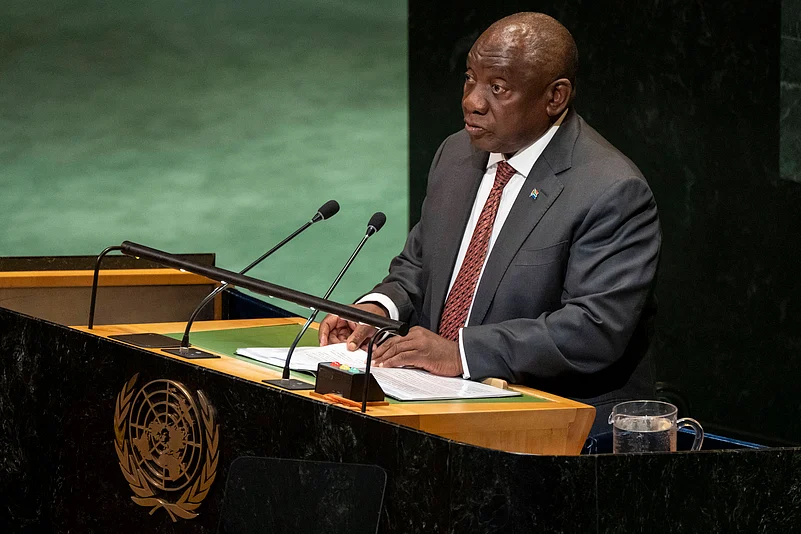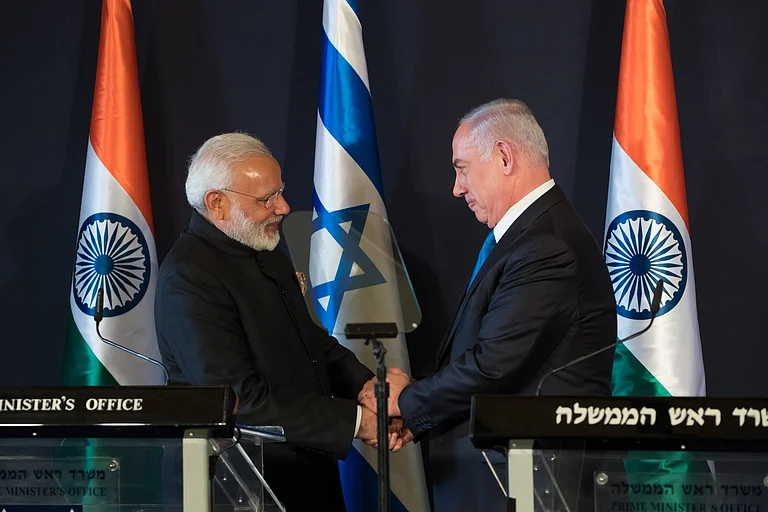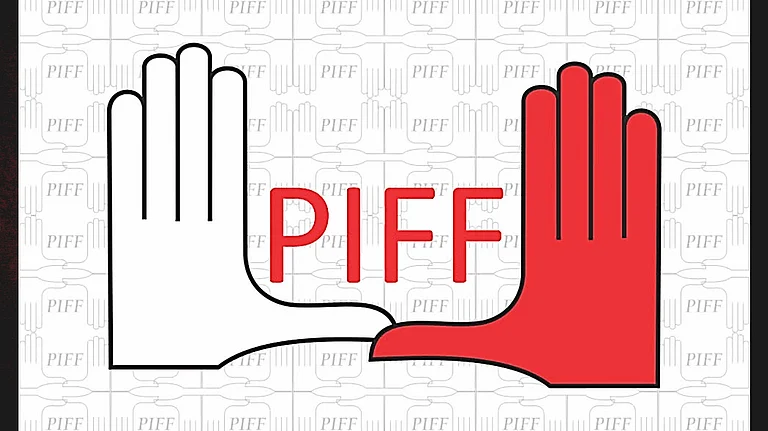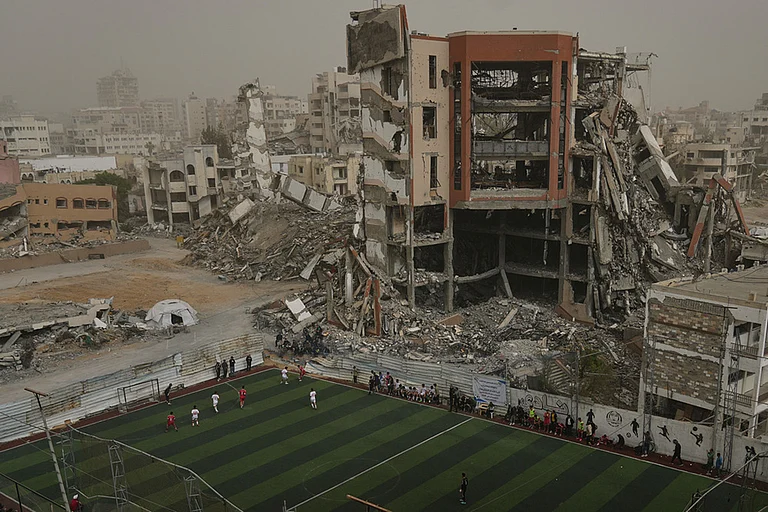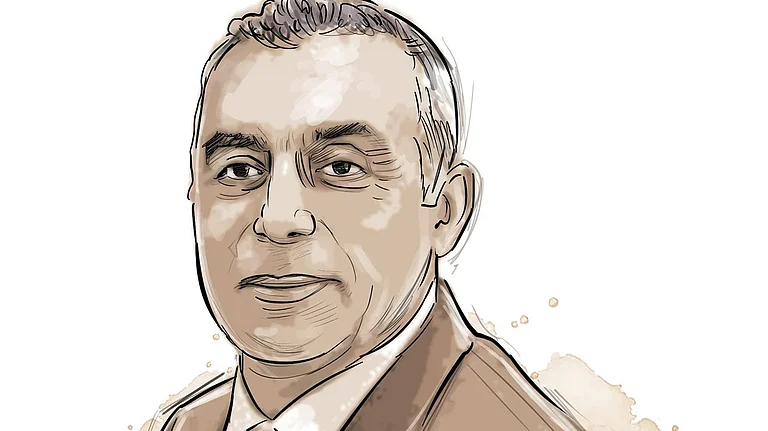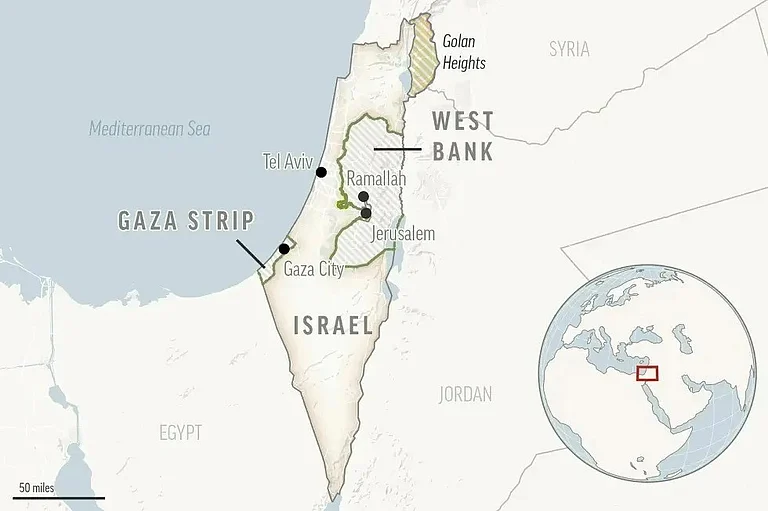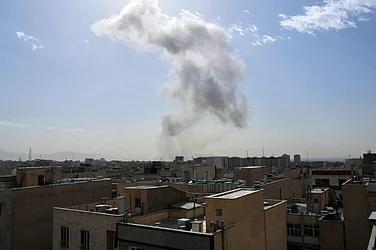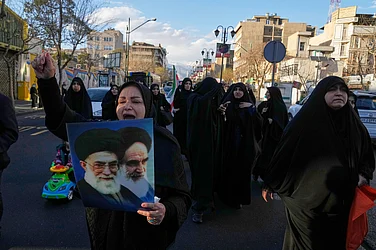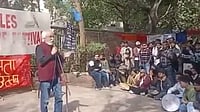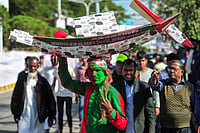
Africa has consistently supported Palestinian self-determination, from Algeria’s 1988 recognition to the 2025 UN General Assembly.
The African Union and its human rights body have condemned civilian massacres in Gaza and called for immediate humanitarian access.
Only Cameroon and Eritrea have not recognised Palestine, highlighting a rare break in continental consensus.
From Algeria’s recognition of Palestine in 1988 to the corridors of the UN in 2025, Africa has always maintained a steady voice for Palestinian freedom. This year, at the 80th General Assembly, South Africa, Namibia, Sudan, and Libya and many other African nations reaffirmed that stance, linking contemporary humanitarian concerns in Gaza to a continent-wide legacy of anti-colonial struggle and solidarity.
The story began on November 15, 1988, when Yasser Arafat proclaimed the State of Palestine in Algiers, Algeria became the first country in the world, and the first in Africa, to formally recognise Palestinian statehood. The symbolism was deliberate. Algeria, forged in a brutal anti-colonial struggle against France, saw in the Palestinian question a mirror of its own history. That recognition helped set the tone for Africa’s diplomatic posture over the following decades, rooting the Palestinian cause firmly within the continent’s wider story of liberation.
Within months of Algiers’ recognition, other African governments followed. By the early 1990s, Palestine had been recognised across almost the entire continent. Today, 52 of Africa’s 54 states stand on record in support, with only Cameroon and Eritrea remaining outside the fold. Their refusal is striking, precisely because Africa’s position has otherwise been unanimous: a continent whose own history is bound up with the fight against colonial rule sees Palestine not as a distant issue, but as part of the unfinished business of decolonisation.
In 2012, when Palestine was granted non-member observer state status at the United Nations—a landmark step in its quest for international recognition—many African nations supported the resolution, framing it as a continuation of the continent’s long-standing solidarity with Palestinian self-determination.
When ones looks through history, this continental stance is more than symbolic. In February 2025, during its 38th Ordinary Session in Addis Ababa, the African Union (AU) reaffirmed its commitment to supporting the Palestinian people's right to freedom and their quest for an independent state, including the Gaza Strip, the West Bank, and East Jerusalem. This declaration underscored the AU's longstanding position on Palestinian self-determination.
Subsequently, in August 2025, the African Commission on Human and Peoples' Rights condemned the ongoing massacre of civilians in Gaza, highlighting the use of starvation and siege as weapons of war, and warned of a plausible risk of genocide. The Commission called for an immediate ceasefire and full humanitarian access. Additionally, the AU intervened before the International Court of Justice (ICJ) in the case of South Africa v. Israel, asserting that Israel's occupation is unlawful and must end to allow Palestinians to exercise their right to self-determination.
For Africa, Palestine has always been part of a shared vocabulary of resistance, wherein the thread of solidarity has remained unbroken.
The bonds between Africa and Palestine extend beyond diplomacy into culture and literature. Palestinian poet Mahmoud Darwish, whose work has long given voice to dispossession and exile, drew resonances between Palestinian suffering and broader struggles against oppression, including those experienced across Africa. In works such as ‘Memory for Forgetfulness’ and ‘I Belong There’, Darwish evokes themes of homeland, resistance, and identity that echo the African experience of colonialism and liberation. His poetry has been read and celebrated across the continent, reinforcing a shared vocabulary of resistance and solidarity that complements Africa’s political advocacy for Palestinian self-determination.
Ramaphosa at the United Nations
This year, at the UN General Assembly, South Africa’s Cyril Ramaphosa gave voice to that history. Standing before the Assembly, he placed Palestine at the centre of a larger question about the UN’s credibility and the selective enforcement of international law.
“As nations that have pledged to uphold the UN Charter, we have the ultimate responsibility to ensure and protect the rights of the Palestinian people to self-determination,” he told delegates. “Consistent with the case that South Africa brought before the International Court of Justice, there is growing global consensus that Israel is committing genocide in Gaza.” He pointed to the UN’s own Commission of Inquiry, which had just concluded that Israel bore responsibility for genocide, and demanded that member states act rather than allow the Charter to be violated with impunity.
Ramaphosa welcomed the high-level meeting on the two-state solution held in New York the day before, describing it as proof that “the global majority” still insists on Palestinian sovereignty. For him, Palestine was not only a question of borders or negotiations but a test of whether the UN could still defend the principles it was founded on 80 years ago.
Continental Voices for Palestine
At the 80th United Nations General Assembly this month, African nations spoke in unison on Palestine. South Africa’s Cyril Ramaphosa linked the Palestinian struggle to the country’s own history of apartheid, warning against selective enforcement of international law. Namibia recalled its years under occupation, framing Palestinian dispossession as part of a broader pattern of oppression. Sudan emphasised the Palestinians’ right to self-determination and condemned Israel’s occupation, while Libya criticised its military actions and stressed that Palestinian sovereignty must be respected. Senegal highlighted its role as chair of the UN committee on Palestinian rights, and Egypt pressed for guarantees that any settlement would be viable. Nigeria and Tanzania drew attention to the mounting humanitarian crisis in Gaza.
Speaking together, the African Union condemned actions that worsened civilian suffering and reaffirmed support for a two-state solution. Across the continent’s delegations, the message was clear: for Africa, Palestine is not a distant political issue, but part of a long history of resistance, solidarity, and moral responsibility.
The Outliers: Cameroon and Eritrea
Against this backdrop, the refusal of Cameroon and Eritrea to recognise Palestine stands out starkly. They are the only African Union members who have not extended recognition, and their reasons reflect a sharp turn away from the liberationist consensus.
Cameroon’s alignment with Israel is rooted in hard security ties. While most of Africa severed relations with Tel Aviv after the 1973 war, Cameroon maintained them. In the years since, those ties have deepened. Israeli surveillance technologies and military training are integral to Paul Biya’s government, which faces armed insurgencies and relies on security aid to maintain control. In return, Cameroon often breaks ranks at the UN, abstaining or opposing resolutions that support Palestine. For a government more concerned with its own security than continental unity, the Palestinian cause becomes expendable.
Eritrea’s stance is more ambiguous but no less distinct. President Isaias Afwerki has voiced sympathy for Palestinians, insisting they “must have a dignified life,” but he has also questioned whether Gaza and the West Bank can sustain a viable state. At the UN in 2011, Eritrea expressed support for Palestinian sovereignty while affirming Israel’s right to exist. The result is deliberate ambivalence: rhetorical solidarity without the formal act of recognition. Analysts argue this reflects Eritrea’s isolationist foreign policy, shaped more by regime survival than by ideological consistency.
Together, Cameroon and Eritrea highlight the limits of continental consensus. Where most of Africa sees Palestine as part of its own liberation story, these two governments prioritise strategic partnerships, regime security, or diplomatic hedging. Their choices do not erase the overwhelming African voice, but they complicate it.
Africa’s Majority Voice, and Its Margins
From 1988 to 2025, Africa’s solidarity with Palestine has been unwavering. It is written into AU communiqués, spoken on the floor of the General Assembly, and argued before international courts. Leaders like Ramaphosa link Palestine to apartheid, insisting that the struggle for freedom in South Africa is not complete while Palestinians remain under occupation. The African Union has condemned massacres, warned of genocide, and demanded that the international community act.
And yet, unanimity is broken. Cameroon and Eritrea stand apart, each for reasons of state interest rather than principle. Their refusal to recognise Palestine shows how solidarity can be tempered by pragmatism. But their isolation also underscores the strength of the majority: 52 African states, representing nearly a third of the UN’s membership, have recognised Palestine, turning Africa into one of its most powerful advocates.
For Africa, the Palestinian cause is not distant. It is part of a shared memory of dispossession and resistance. As the AU declared this year, it is a struggle for “self-determination, freedom and justice.” That message, rooted in Algeria’s recognition in 1988 and carried forward to the halls of the UN in 2025, ensures that Africa’s voice remains central to the global fight for Palestinian statehood.







